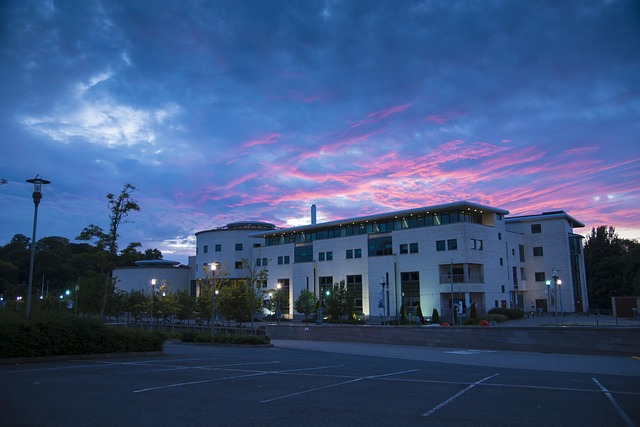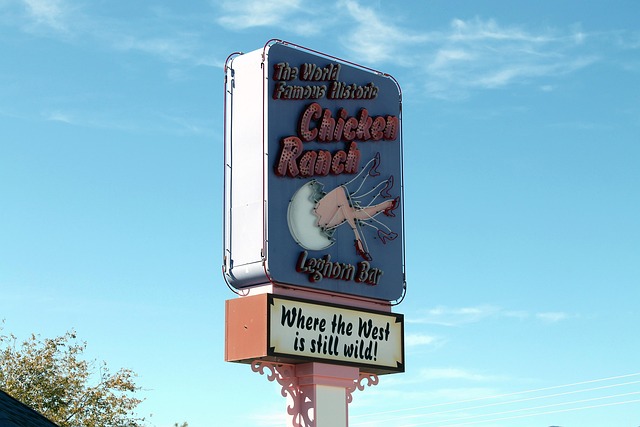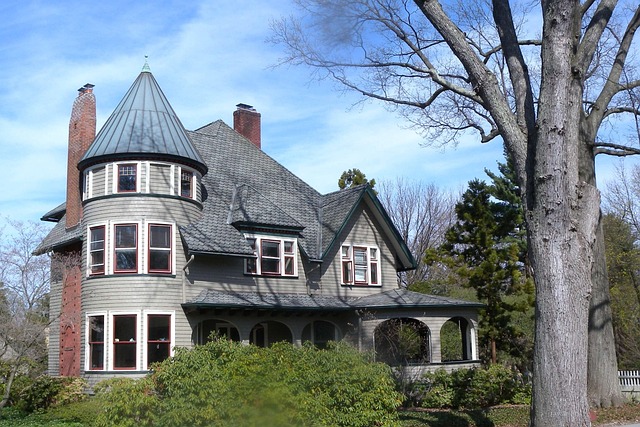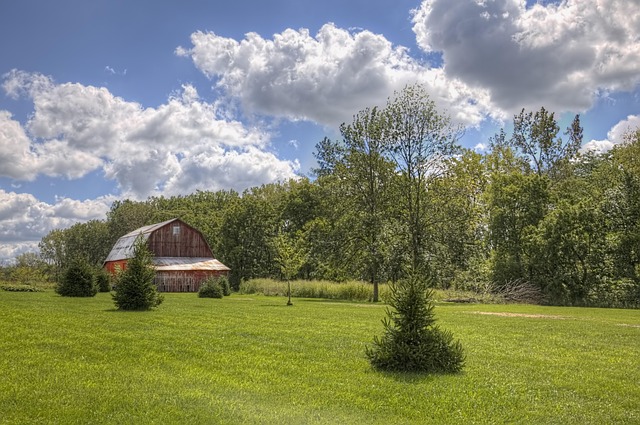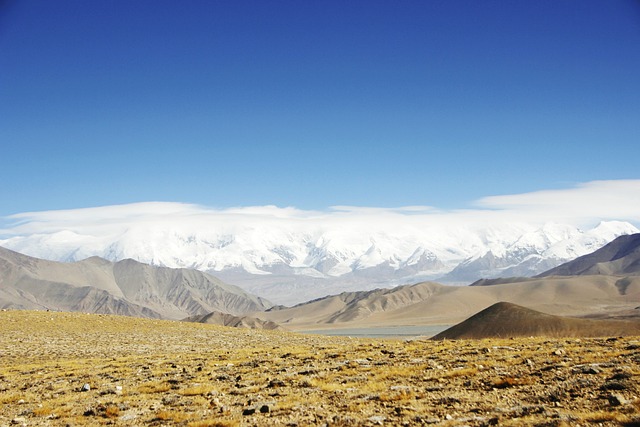Access to outdoor recreation significantly influences real estate value by boosting quality of life. Proximity to parks and natural spaces improves mental health, physical fitness, and fosters community engagement. These areas attract visitors, stimulating local economies and enhancing living standards. Outdoor recreation is vital for stress reduction, improved mood, cognitive abilities, and overall well-being, making it an essential real estate consideration. Integrating outdoor opportunities into developments can create thriving communities with a deeper connection to nature.
“Unleash your sense of adventure and embrace a year-round outdoor lifestyle! This article explores the myriad benefits of outdoor recreation and how it enhances our overall well-being, from mental clarity to physical fitness. Discover a world of seasonal activities that keep you active and inspired, no matter the climate. Furthermore, we delve into the real estate perspective, showcasing trends in designing outdoor living spaces that cater to nature enthusiasts, where parks, trails, and community gardens become coveted amenities.”
The Outdoor Recreation Advantage: Enhancing Quality of Life
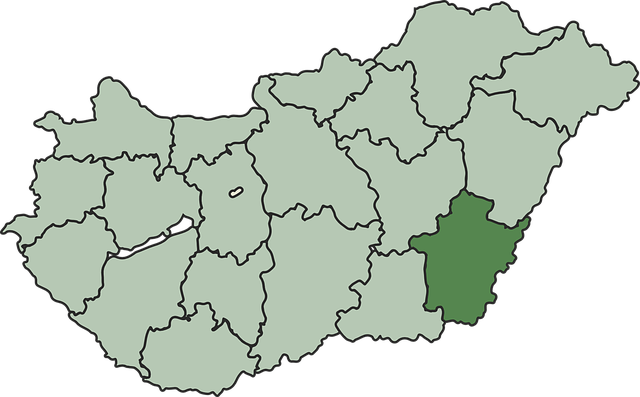
Living in a place with year-round outdoor recreation opportunities isn’t just about enjoying nature; it’s a key factor in enhancing quality of life, as indicated by various studies in real estate. Access to parks, hiking trails, and other outdoor spaces has been linked to improved mental health, reduced stress levels, and increased physical fitness. These activities promote a sense of well-being and community engagement, fostering connections that can enrich lives both socially and emotionally.
Moreover, outdoor recreation opportunities can contribute to a vibrant local economy, attracting visitors and encouraging residents to explore their surroundings. This, in turn, can lead to a higher standard of living as communities invest in and maintain these spaces, creating a positive cycle that benefits everyone. Whether it’s a family walk in the park or a solo hike through scenic trails, these experiences contribute to happier, healthier, and more connected communities.
– Discuss the benefits of outdoor recreation for mental and physical well-being.
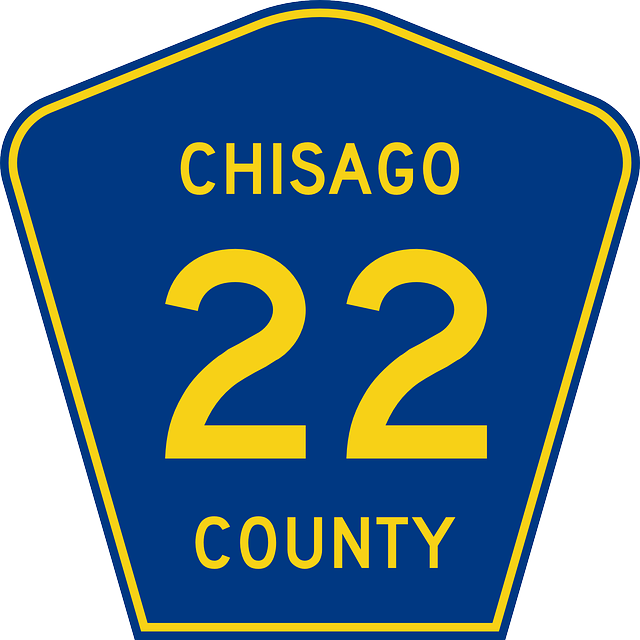
Outdoor recreation is a powerful tool for enhancing mental and physical health, making it an essential aspect to consider in any real estate market. Spending time in nature has been linked to reduced stress levels, improved mood, and increased overall happiness. Activities like hiking, cycling, or simply sitting among trees can lower blood pressure and reduce symptoms of anxiety and depression. The physical benefits are equally impressive; outdoor recreation encourages regular exercise, promoting strength, flexibility, and cardiovascular health.
Moreover, connecting with nature offers a unique opportunity for mindfulness and mental clarity. It provides an escape from the constant stimulation of modern life, allowing individuals to de-stress, refocus, and improve their cognitive abilities. This is particularly relevant in today’s fast-paced world where mental well-being is a growing priority. By embracing year-round outdoor recreation opportunities, residents can foster a healthier, happier lifestyle that complements the allure of their surroundings.
– Highlight how access to nature improves overall lifestyle and happiness.

Access to nature is a significant aspect often overlooked in discussions about real estate and lifestyle. However, studies have shown that proximity to green spaces and outdoor recreation areas can profoundly impact overall well-being and happiness. Living near parks, trails, or natural reserves allows residents to easily embrace an active lifestyle, offering opportunities for regular exercise and stress relief through direct contact with nature.
The benefits extend beyond physical health; spending time in natural environments has been linked to improved mental clarity, reduced anxiety, and increased life satisfaction. This is particularly relevant in today’s fast-paced world where many people spend the majority of their time indoors or in urban settings. By promoting year-round outdoor recreation opportunities, real estate developments can create thriving communities that prioritize residents’ health and happiness, fostering a deeper connection to the environment.
